Most Radioactive Man' Kept Alive For 83 Days As He 'Cried Blood' And Skin Melted
Most Radioactive Man' Kept Alive For 83 Days As He 'Cried Blood' And Skin Melted
On September 30, 1999, Hisashi Ouchi was exposed to the highest dose of nuclear radiation in human history. A 35-year-old lab technician at the nuclear plant in Tokaimura, Japan, Ouchi was mixing a uranium solution by hand directly over an open container when he accidentally poured in too much uranium, immediately causing a violent explosion.
For the next 83 days, Ouchi suffered unimaginable agony as the radiation worked its way through his body, obliterating his DNA and causing his skin to melt off and his eyes to weep blood before he finally died.
He begged for death, doctors refused to listen and kept him alive against his will for nearly three excruciating months.
More than 20 years ago, a freak chemical reaction at a power plant in Japan left one of its technicians living in agony, kept alive by doctors as he 'cried blood' and his 'skin melted'.
Hisashi Ouchi was helping a colleague pour litres of uranium into a huge metal vat at the Tokaimura Nuclear Power Plant in 1999.
However, due to a miscalculation, the liquid reached 'critical point' and released dangerous neutron radiation and gamma rays into the atmosphere.
None of the men involved had been trained to carry out such a delicate task, which it was later discovered involved 16kg of uranium, when the legal limit was just 2.4kg.
According to reports, due to the fact workers were manually transferring the solution, they had no way of measuring how much had been used.
Thirty-five-year-old Ouchi was most exposed to the radiation, suffering burns, becoming dizzy and vomiting violently afterwards.
This was to be the start of his 83-day nightmare.
Ouchi was found to have absorbed 17 Sieverts of radiation, the highest level suffered by any living human and more than twice the amount that should kill a person.
The emergency responders at Chernobyl were exposed to just 0.25sv.
Ouchi was rushed to the University of Tokyo Hospital following the incident and the area surrounding the plant was put on lockdown.
Doctors found that Ouchi had no white blood cells and was in need of extensive skin grafts and multiple blood transfusions.
His sister also donated stem cells in a bid to help his immune system to recover.
The exposure also reportedly left him 'crying blood', as he bled from his eyeballs.
Despite the efforts of doctors to keep him alive, a week into his treatment, Ouchi is said to have begged them to stop.
He reportedly shouted: "I can't take it any more! I am not a guinea pig!"
He later said that he 'wanted to go home' and demanded medical staff 'stop it'.
Almost two months on from the incident, on the 59th day of his time in hospital, Ouchi's heart gave out three times.
However, at the request of his family, doctors were able to get it started again.
But on 21 December that year, Ouchi's body eventually gave out and he died as a result of multiple organ failure.
The technicians' supervisor, Yutaka Yokokawa, also received treatment, but was released after three months with minor radiation sickness, before going on to face charges of negligence in October 2000.
Nuclear fuel company JCO went on to pay later paid $121 million to settle 6,875 compensation claims from people and businesses who had suffered from or been exposed to radiation from the accident.
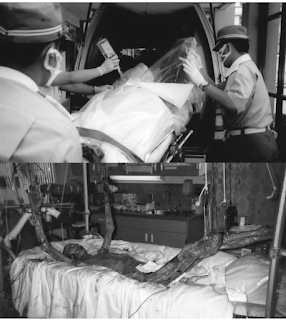




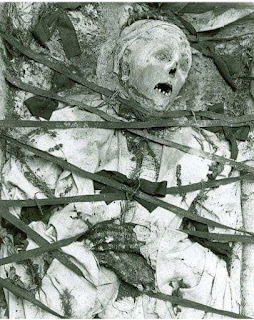
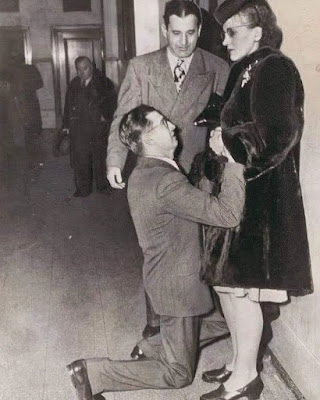
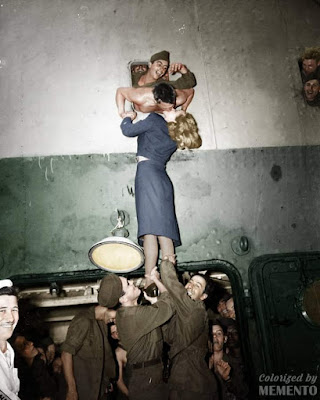

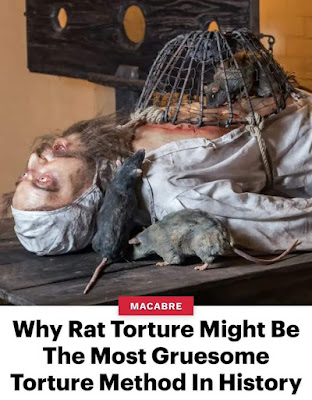
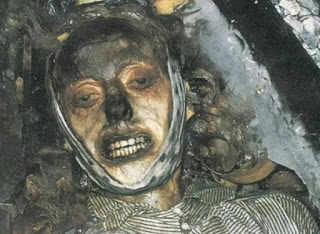
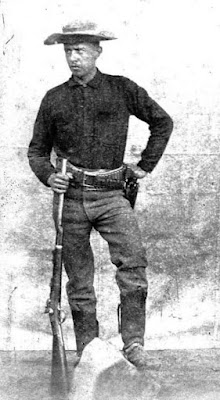
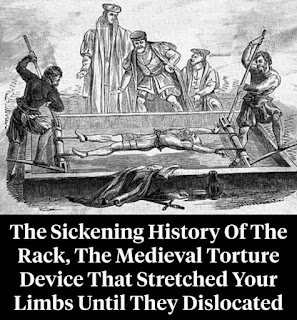
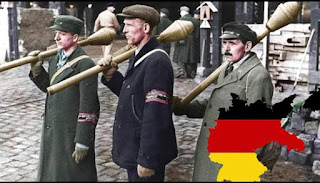
Comments
Post a Comment